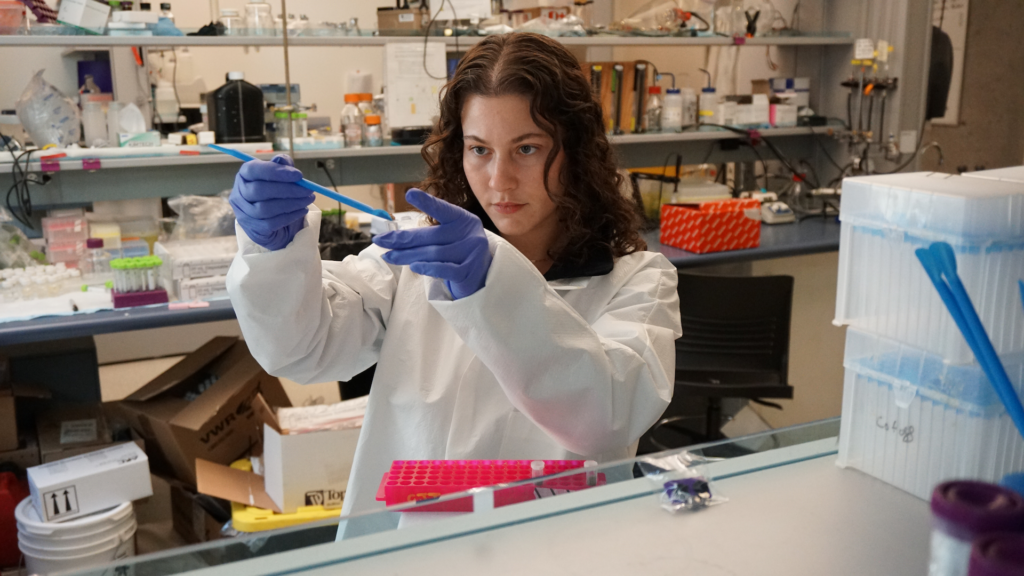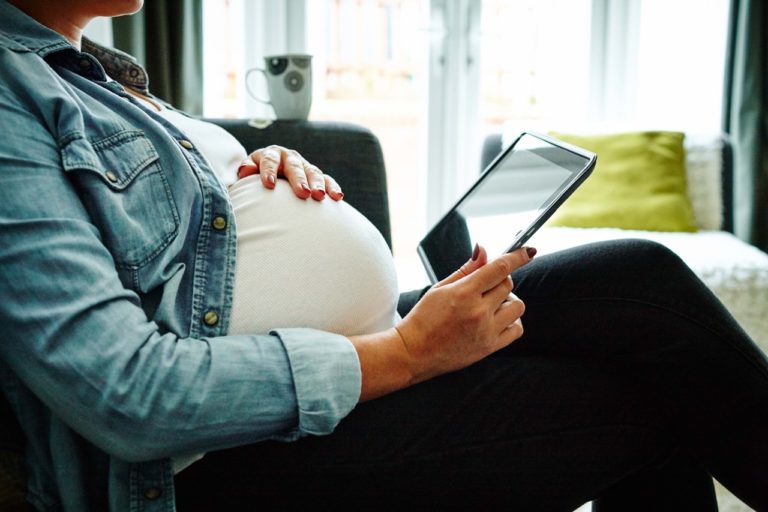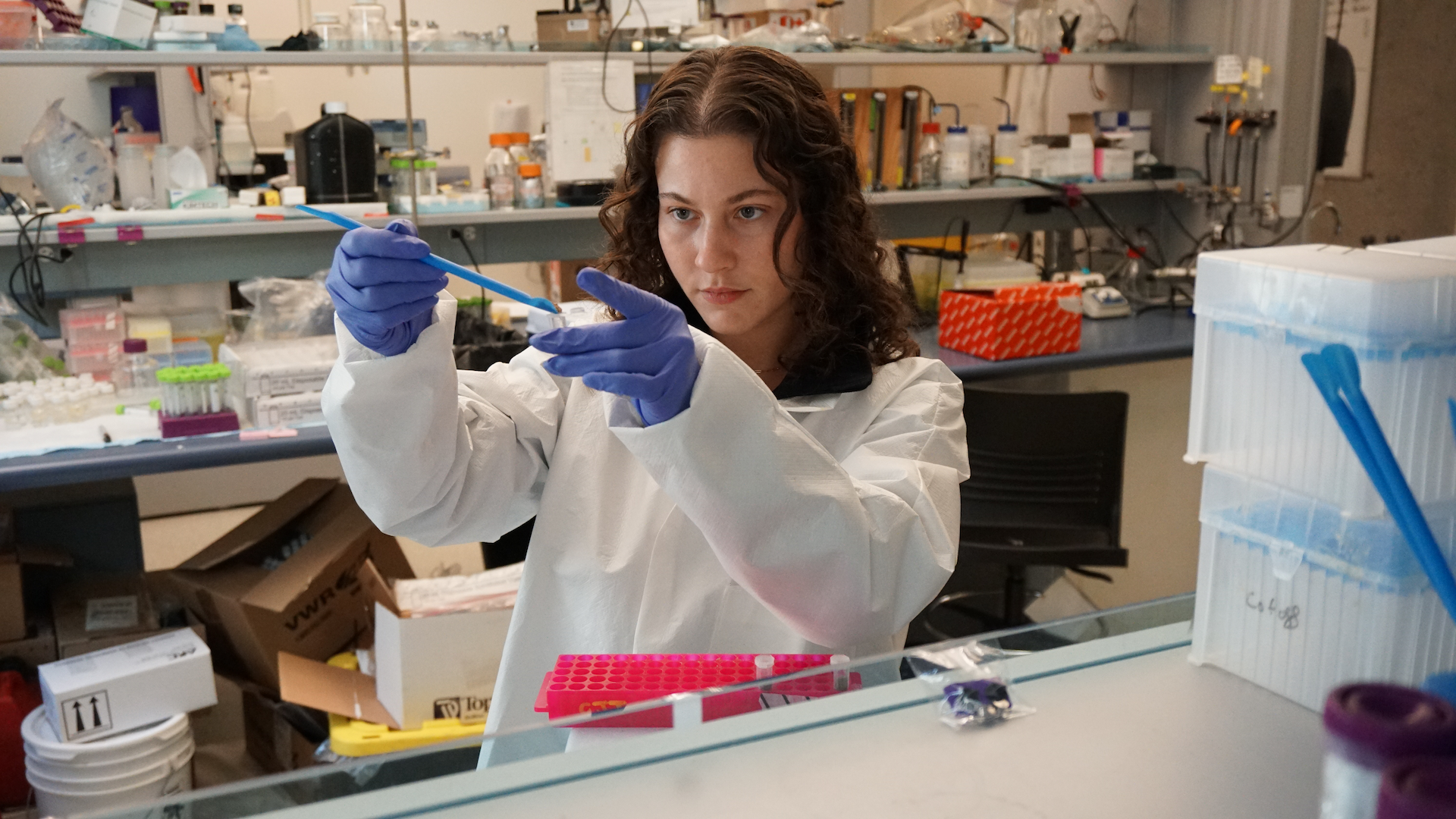pregnancy
-

Midwifery care safe for moderate- and high-risk pregnancies
New UBC research shows that midwives in British Columbia are providing safe primary care for pregnancies of all medical risk levels, contrary to a popular belief that midwives mostly manage low-risk pregnancies.
-

New study reveals high rates of iron deficiency in women during late-stage pregnancy
Pregnant women may need to take more supplemental iron than current Health Canada guidelines recommend, after two UBC researchers found high rates of iron deficiency in a recent study.
-

Busting myths about COVID-19 vaccines and fertility
UBC’s Dr. Deborah Money, professor in the faculty of medicine’s department of obstetrics and gynaecology, busts some of the many myths circulating about the vaccines’ impact on fertility.
-
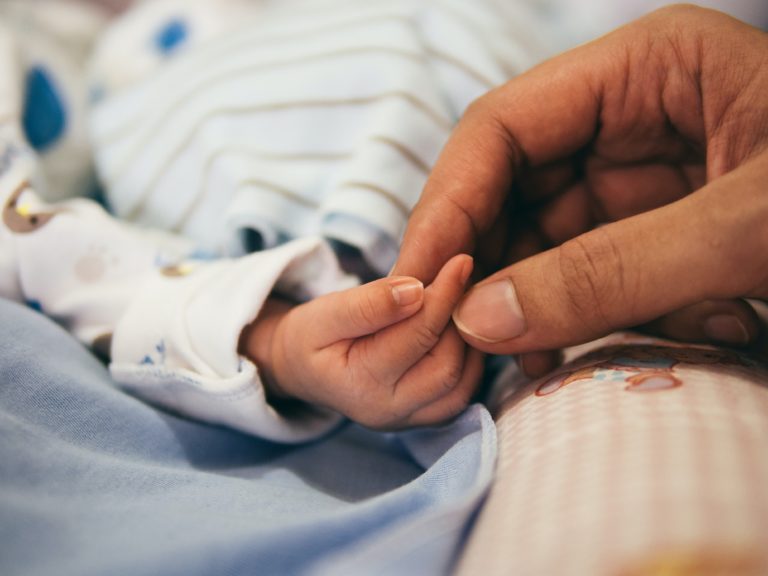
New survey aims to improve care for families grieving loss of baby
A new University of British Columbia survey looks to improve future care for Canadian families coping with stillbirth and neonatal loss. The findings will contribute to an international study led by researchers in Australia.
-

B.C. saw a dramatic increase in pre-conception cannabis use after legalization
Cannabis use among women who were about to conceive children nearly doubled following B.C.'s legalization of cannabis in 2018, a new study from UBC finds.
-
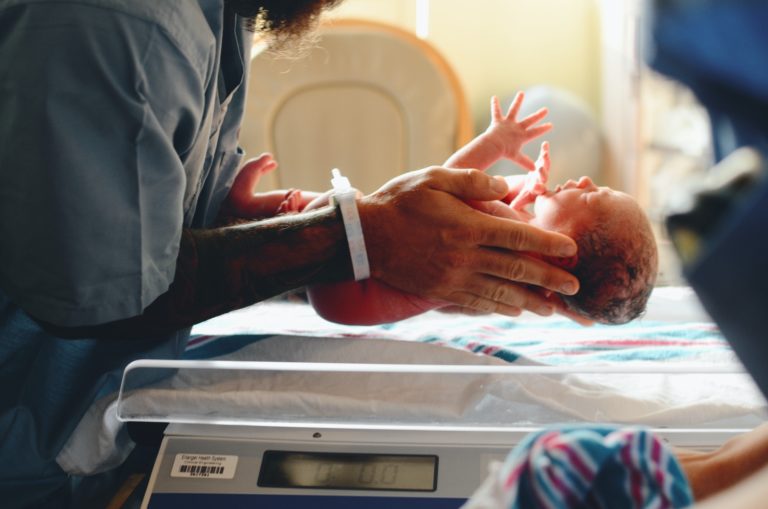
Pregnant women with COVID-19 at increased risk of hospitalization, ICU admission and early labour
While much remains unknown about the impact of COVID-19 on pregnancy, emerging data from a national surveillance project reveals pregnant women with COVID-19 seem to be at greater risk of being hospitalized, being admitted to intensive care units (ICUs), and going into early labour.
-

Some pregnant women don’t believe cannabis is harmful to their fetus
Up to one-third of pregnant women do not believe cannabis is harmful to their fetus, according to a new review by UBC researchers.
-

At least one year between pregnancies reduces risks for mother and baby
Twelve to 18 months seems to be the ideal length of time between giving birth and getting pregnant again, according to new research from the University of British Columbia and the Harvard T.H. Chan School of Public Health.
